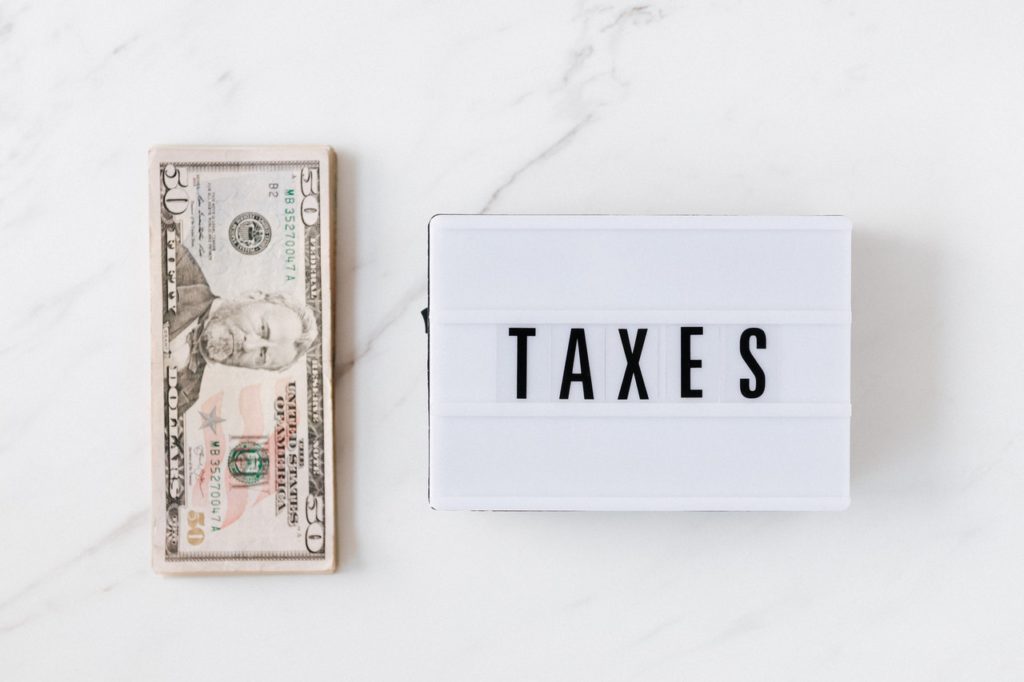Once you’ve decided it’s time to pay off your debt, the first step you need to take is to develop an ATO debt repayment plan. A solid debt repayment plan can help you choose which debts to pay off first and how to pay them off in full.
More formally, you can sign a debt repayment plan to negotiate tax debt and pay off certain types of debt as efficiently as possible. Depending on the type of debt you need to pay, you may need different repayment plans, each for a specific type of debt.

This is very similar to a debt repayment plan and usually also allows you to pay off your debt in one lump sum. You pay off your debt in fixed monthly payments, which are shared among your creditors. So you spend the extra money every month to pay off the smallest debt first; you pay only the smallest monthly payment for everyone else.
The debt avalanche method involves making minimum payments on all outstanding accounts, then using the remaining funds set aside for debt to pay off the accounts with the highest interest rates. The debt avalanche method is to pay off the smaller debts, let them out of trouble, and then move on to the larger debts—an “easy job first” approach.
Both the debt avalanche method and the avalanche method are types of accelerated debt repayment plans – ways to speed up debt collection by paying more than a monthly minimum amount.
First, the debt snowballing method requires discipline: use all of the extra money allocated to pay off a specific debt, not just the bare minimum. A debt management plan is one of many ways to keep your debt under control, it can reduce the number of payments you make each month and can save you interest and fees. A debt management plan is a repayment plan created and administered by a credit counselling agency.
If your financial problems are caused by too much debt or you can’t pay it back, a credit counselling agency may recommend that you sign up for a debt management program (DMP).
A Debt Management Plan (DMP) can help you lock in a lower interest rate with your creditors and get out of debt faster than just making the minimum payment. If you sign up with a DMP, a credit counsellor will negotiate lower interest rates on your credit card and create a payment plan that will pay off your debt in three to six years.
Your loan counsellor will work with your creditors to negotiate interest rates and create a payment schedule that you will review and approve before starting your debt management plan.
Once you find a loan counsellor you feel comfortable with, he or she will review your finances and help you budget, as well as help you decide if a debt management plan is right for you. During the initial consultation, a consultant can help you analyze your financial situation and determine which options are best for you.
Although credit counselling agencies do not usually discuss the amount of your debt with creditors, they may negotiate other issues, such as the amount of the monthly payment or a fee waiver for any fees you have charged. Be sure to call your creditors and make sure they have accepted the terms of the debt repayment plan offered by the credit counselling agency.
The credit counselling agency should then discuss your debts with each of your creditors and agree on a payment plan that you can afford. For any debt that has gone to collection agencies, you will need to contact the agency directly to set up a payment plan agreement.
In a typical plan, a debt management company works with creditors on your behalf to reduce your monthly payments and debt interest rates and to waive or reduce any penalties.
A debt management plan is an agreement between you and your creditor (the company you owe your debt to) with fixed monthly payments. A debt management plan can only be used to pay off unsecured debts, such as those owed not secured by your property.




